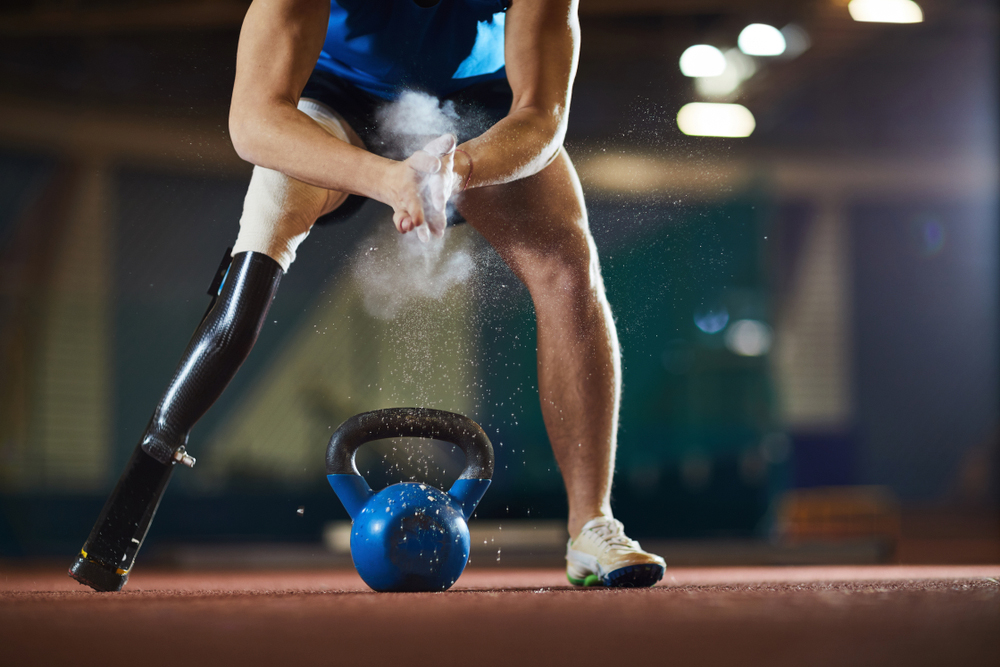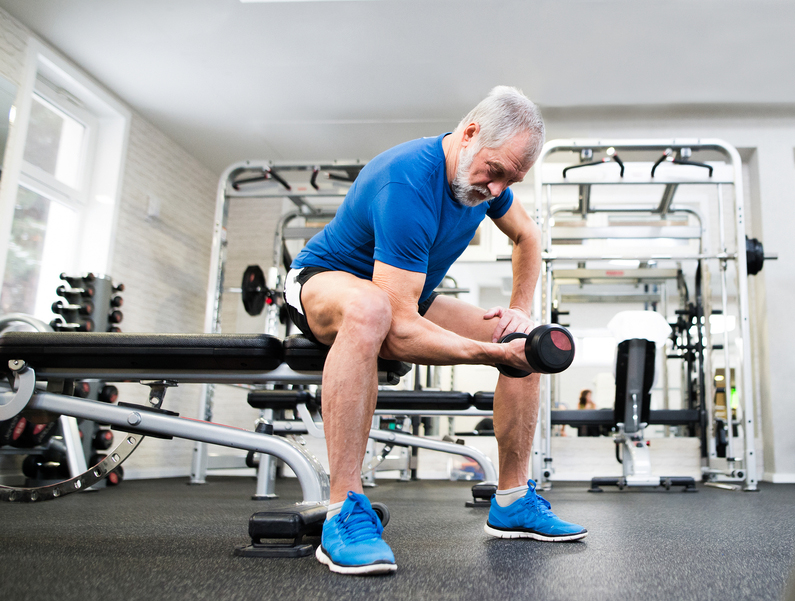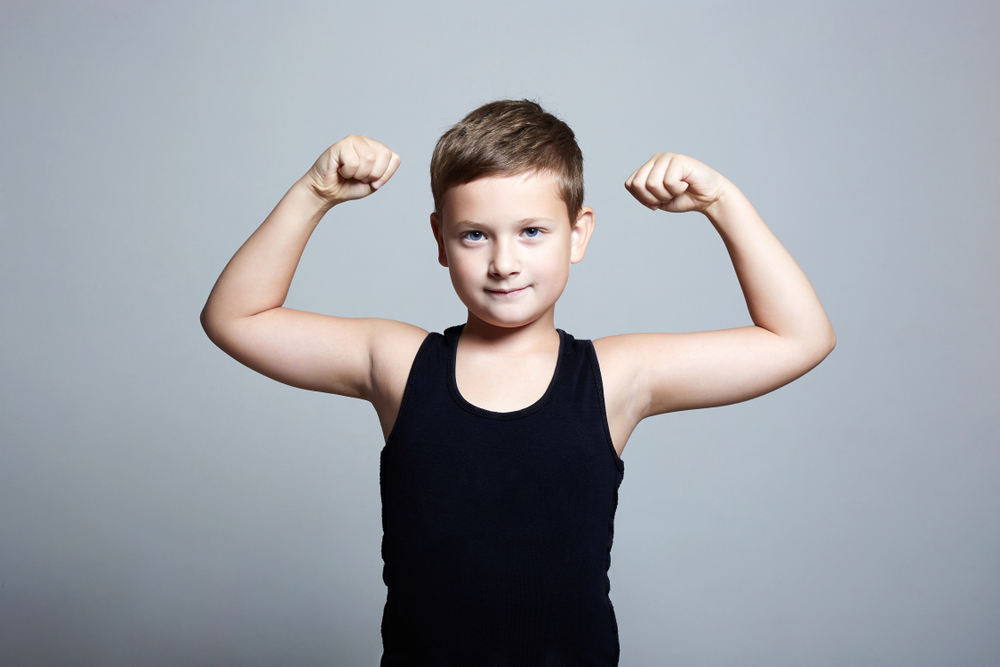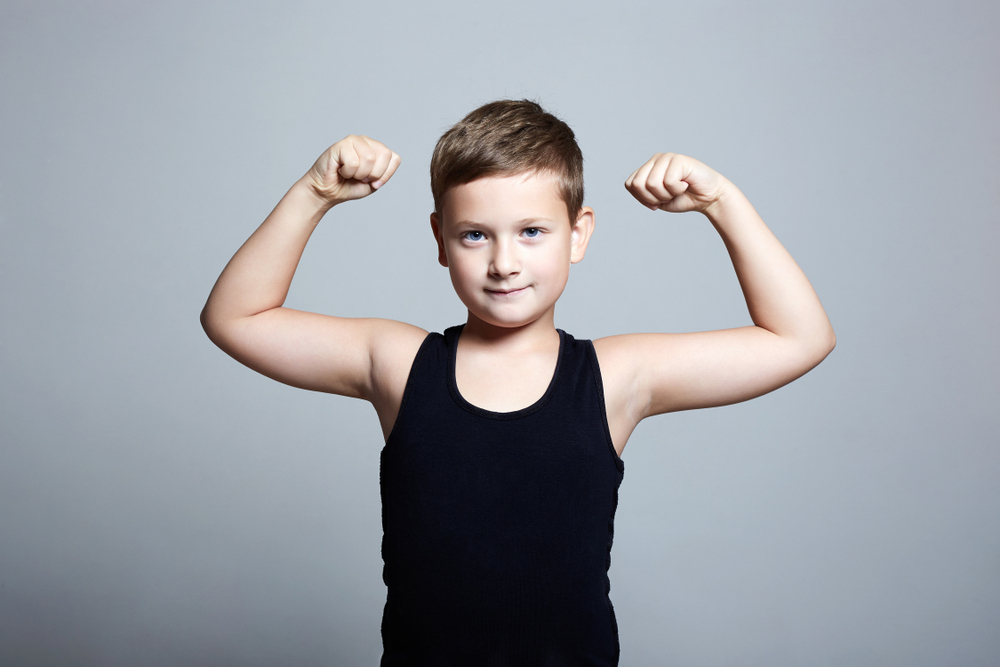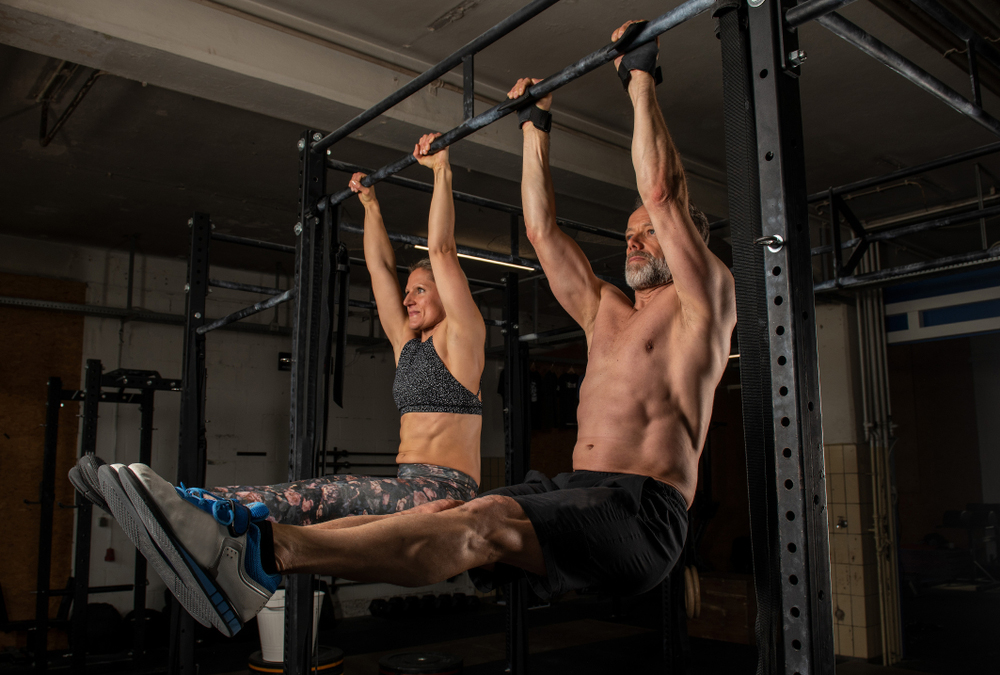Disability is the inability of a part of the body to function properly. There are two types of disability, mental and physical. The latter is distinguished by two subcategories: sensory disability and motor disability. Visual impairments such as blindness and low vision as well as hearing impairments such as deafness and hard of hearing are mainly sensory impairments.
Physical disability arises from a condition:
- traumatic, i. e. tetraplegic, paraplegic and hemiplegic
- infectious such as visually impaired and cerebral palsy
- congenital such as poliomyelitis
Whereas mental disability is a disability that causes relational cognitive disorders. But regardless of the type of disability, they always bring serious consequences at the:
- physical, i. e. difficulty in moving and working
- social, e. g. they become a burden on the family
- psychological, i. e. the ways in which the disability assumes its situation
Therefore, young people with disabilities after adolescence usually become a burden on the family. Some even remain unproductive and are transferred to a specialised institution. In a way, a person's disability in the eyes of others is shameful and severe. Some people reject disabled people and even put them in a special home. But despite this, society gives them a place in an institution.
So what is the link with physical activity?
What exactly is physical disability?
According to the above information, disabled people are indeed in a difficult situation. That is why they have to be strong in the face of many predicaments and problems of the surroundings. In these circumstances, it is necessary for them to practice sports.
This helps them to feel good and to get rid of such difficulties. Through sport, the shoulders become more muscular. This way they can move better in a wheelchair or with a walking stick.
Training makes it possible to perform better in everyday life, especially in professional life. Given the fact that it leads to excessive sedentariness, this sports training is a better solution to fight against the offences of this sedentariness. It has a direct effect on, for example, the intestinal and urinary tract.
The training also has psychological benefits. Most of the time, sportsmen and women have a good self-image and high self-esteem. Playing sports allows a person to show himself to others. It will make him/her clearly valued by others.
What do you need to know about mental disability?
Mental disability is, among other things, an illness that few people study. However, the deficits caused by the syndrome are particularly deficits in general adaptation.
Many problems arise such as intellectual malfunctioning, limited attention span, etc. Thus, it is important, especially for autistic children, to practice sports, in order to avoid the expected problems such as lack of correspondence and social integration. These dysfunctions are compensated for by physical exercise.
People with disabilities, which learning should they choose?
Learning is distinguished by several forms: explicit learning, implicit learning and imitation. Contacts with other people such as dual activities are the best perceptions for disabled people. These allow them to discover their existence towards others. For children with autism, it is difficult for them to understand the rules of the game. The only way is through sports activities.
This allows them to learn the sensory-motor domains, i. e. muscular activity in different forms and thoughts. However, the access of autistic people is still limited because of the financial means, study and equipment. That is why organisations such as APS encourage people with autism to learn important skills. Their task is to offer these people self-esteem and pleasure. By participating in a common activity with other children, children with autism will feel more valued.
Why should people with disabilities do sport?
The practice of sport for disabled people allows them to develop like able-bodied people in the field of sport. It makes them more independent, because they want to show society that they are courageous and capable of exploits and efforts. Moreover, PSAs specify the disabled whether it is on the level of health, autonomy or the practice of solidarity.
From a mental point of view, sport provides the disabled with an assured, stimulating and encouraging approach. For this reason, sports educators enhance the value of the participant through the development of motivation. From a physical point of view, they arrange the tasks according to the ability to participate in an official competition.
In this context, the disabled participant must learn not only to know all the motor resources, but also to use them. He must adapt to the various forms of practice: in a wheelchair or standing. Adaptation to the possibilities of each disabled person is encouraged.
What are the educational actions in the practice of sports for the disabled?
As it concerns a sport activity for disabled people, there are indeed necessary educational rules to apply. The affective relationship is an essential rule to be taken into account with the mentally handicapped. Communication and contact are essential for these people. Gestures such as holding hands and stroking hair help them to avoid doubts when starting an activity. The second rule is self-esteem. This allows them to develop a sense of competence.
In general, a family with a disabled ally does not take into account his or her importance. However, the role of the parents is essential. Parents who have a disabled child must provide support and empowerment. During sport, it is important to know that their fatigue threshold is low.
The pedagogical rule is not to train for long periods. And given the case, the disabled should be taught how to control aggression. With the various types of disabilities, the special educator must give each one a training adapted to his disability.

